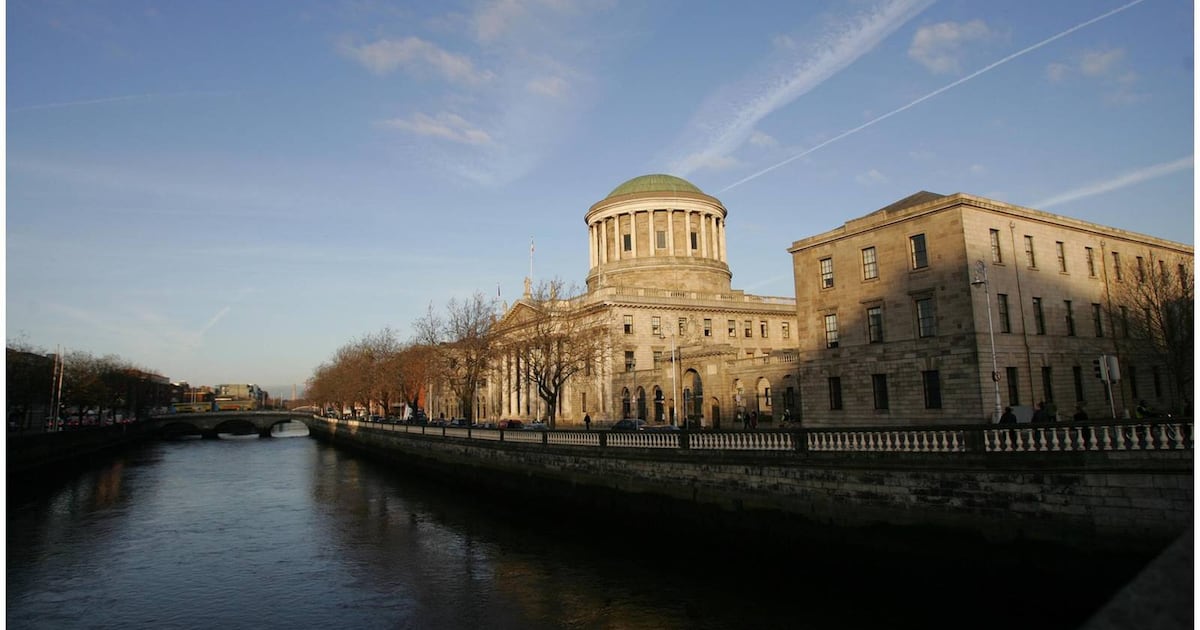A Tibetan monk seeking asylum in Ireland is challenging the State’s refusal to allow him remain in the country, claiming he fears he will be “persecuted and tortured” in China.
The man, who cannot be named, appeared in the High Court on Friday morning and claims, through legal papers, that he left China for “political reasons”.
As a Tibetan monk, he said he is a symbol of “the Tibetan root of religion and culture”. The man claims he was delayed in filing an appeal against the State’s refusal to grant asylum due to extraordinary circumstances when the home of one of his legal team in Sudan was bombed.
In papers submitted to the court by his legal team, Anthony Hanrahan SC and barrister Eoin Heffernan, the monk claims he left Tibet in April, 2016 and went to Nepal until September, 2024, before arriving in Ireland in October, 2024, when he applied for international protection.
In January of this year, his application for asylum was rejected and he intended to appeal that decision to an appeals tribunal, he claims.
The man is taking a legal challenge against the International Protection Appeals Tribunal (Ipat) and the Minister for Justice.
In April, he was granted leave by the High Court to challenge Ipat’s rejection of his application, which was refused under time-limit constraints.
The man had 15 days to submit his appeal in January but claims there were extraordinary circumstances causing a delay in his application.
The man submits that a Sudanese legal secretary of his legal team was preparing a notice of appeal. He adds that she received notification that her family home in Sudan had been destroyed by an air strike and a close family friend had been killed in the attack.
He submits that the woman was left in a state of shock and distress by the news and mistakenly believed she had submitted the notice of appeal in time.
The woman received further bad news in February when she was informed that her father was in intensive care and she left Ireland, returning in March.
In March, Ipat refused an extension of time to file a challenge to deny him asylum. Ipat was asked to reconsider the application for the extension of time to submit a notice of appeal in light of new information supplied to them regarding the woman’s circumstances.
Later that month, Ipat notified the applicant’s solicitors that the application could not be reconsidered and that “the tribunal does not have the jurisdiction to accept an appeal which it has already rejected”.
In papers submitted to the High Court, the man claims there were “significant” extenuating circumstances warranting a reconsideration of Ipat’s decision where discretion could have been exercised in granting an extension of time.
“The respondents have a wide discretion in managing the immigration and protection policies of the State,” his legal team submitted.
The application contends that there is nothing in law preventing Ipat from reconsidering an appeal that was already rejected.
“There were significant extenuating circumstances which led to the applicant not submitting an appeal on time; and not providing adequate reasons at the first instance as to why an extension of time should be granted,” it was submitted.
The case appeared before Ms Justice Siobhán Phelan on Friday at the High Court, where she adjourned the matter to next week for an update.
